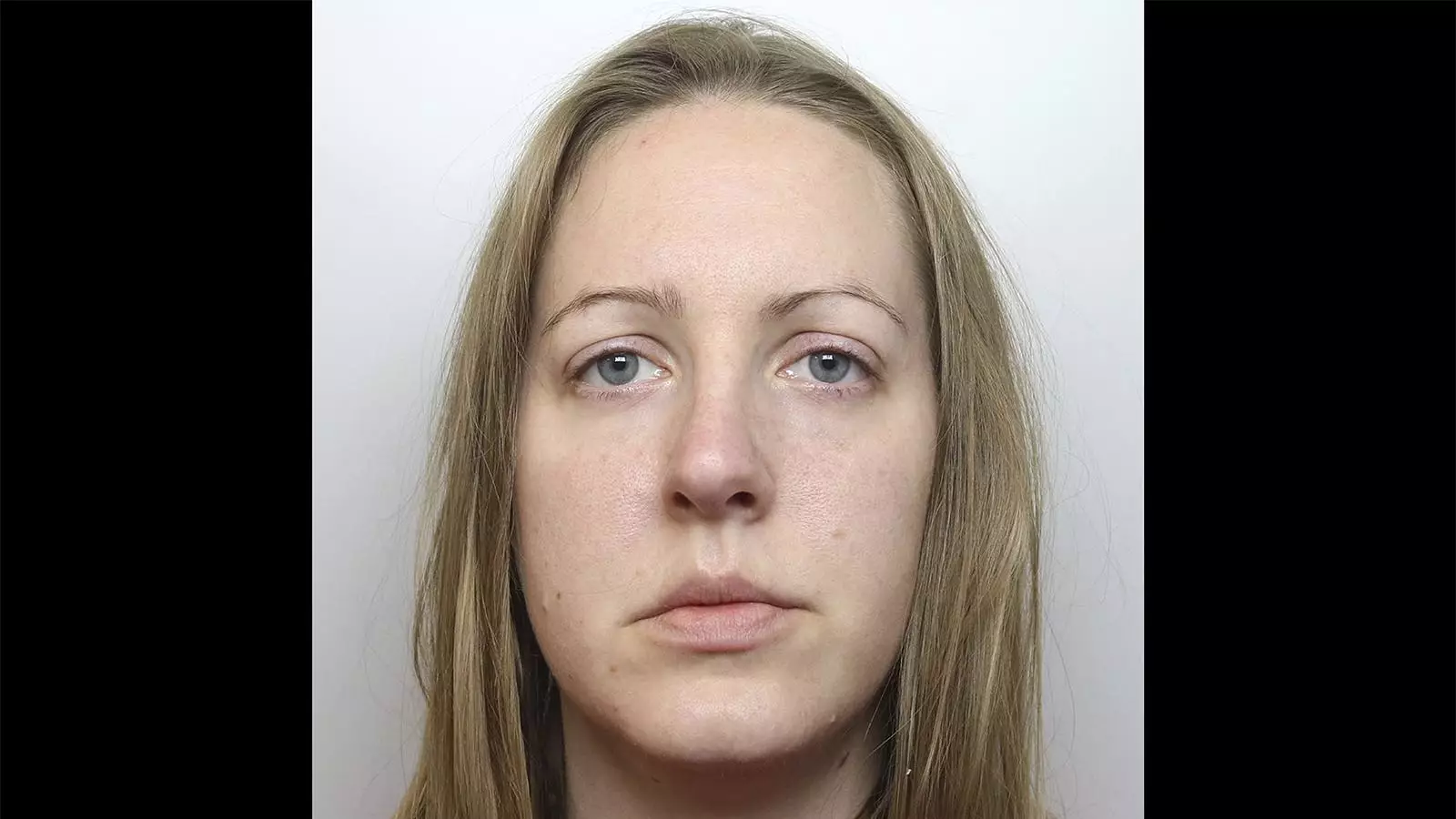The ongoing legal saga surrounding Lucy Letby, a former neonatal nurse convicted of murdering seven infants and attempting to murder seven others, has taken an unexpected turn. Recently, attorney Mark McDonald announced plans to seek a fresh examination of Letby’s convictions by an appeals court. This request is predicated on a significant shift in the opinion of Dewi Evans, the prosecution’s leading expert in the original trial. Previously, Evans contended that Letby was responsible for the deaths of certain newborns through methods such as injecting air into their gastric tubes. However, he has since altered his stance, raising questions about the reliability of his earlier testimony and the overall integrity of the prosecution’s case.
McDonald asserts that this reversal of opinion from Evans warrants serious consideration. He argues that as the primary expert witness for the prosecution, Evans’s current lack of confidence in his initial conclusions undermines the foundation of the convictions. This argument pulls at the threads of a complex case, suggesting that if the evidence can be refuted by its original source, the convictions that followed are no longer tenable. The wheels of justice turn slowly, but this new development has the potential to catalyze further examination.
Lucy Letby, now 34, is serving multiple life sentences without parole, having been condemned for heinous acts committed while she worked at the Countess of Chester Hospital. The methodical nature of her alleged offenses, which prosecutors labeled a “constant malevolent presence” in the neonatal unit, created a chilling narrative during her trials. The horrific allegations were supported by claims of covert injections and poising, primarily through insulin and air. However, these convictions became a subject of fierce debate, particularly among medical professionals and legal experts who remained skeptical of the scientific methodologies employed in her prosecution.
The Crown Prosecution Service (CPS), tasked with defending the convictions, issued a robust statement asserting the convictions were sound. With two juries and three appellate judges having already reviewed the evidence, the CPS emphasizes that the evidence against Letby was substantial and supported by a variety of strands. However, persistent inquiries into the methods and findings used in the trials, alongside concerns from several medical professionals, threaten to destabilize this assertion.
The implications of an expert reverting their testimony cannot be overstated. Legal experts note that it is exceedingly rare for a lead witness in a criminal trial to change their opinion on critical evidence after the trial’s conclusion. Such a scenario raises alarms about procedural integrity and the possibility of miscarriages of justice within the legal system. Sean Caulfield, a defense attorney not involved in the Letby case, commented on the unprecedented nature of the situation, highlighting that the convergence of these elements is an extraordinary turn of events.
In addition to Evans’s latest stance, McDonald has enlisted a network of 15 medical experts from around the globe to re-evaluate the evidence presented during the trials. This collective effort reflects the broader skepticism surrounding the legal proceedings against Letby and points toward a profound examination of systemic issues within medical and legal frameworks. The outcome of this review could have significant ramifications for not only Letby’s case but also for similar cases where medical testimonies play pivotal roles.
The Ongoing Inquiry
Parallel to these developments, an inquiry is underway to assess the potential failings of the hospital where Letby worked. This investigation seeks to understand not only the circumstances of the infants’ deaths but also the broader delays in addressing the alarming patterns that emerged during Letby’s tenure. Concerns have been raised about the reliability of the evidence utilized in her trials, sparking discussions among health and legal experts who caution against the dangers of relying too heavily on statistical analyses in complex medical situations.
Statements from independent groups have underscored vulnerabilities in the legal framework dealing with these delicate matters. The potential for error in the judicial system, particularly when intertwined with intricate medical evidence, is a critical concern that requires meticulous examination. As the inquiry unfolds, it remains to be seen how the evolving narrative around Letby’s case will influence public perception and future legal practices.
As the legal and medical communities grapple with the implications of the shifting testimony from a key expert, the case of Lucy Letby presents a stark illustration of the challenges inherent in intertwining health and law. Whether the appeals court will choose to reconsider the convictions remains uncertain, yet the unfolding events signal deeper systemic issues needing address within the justice system. It is essential for legal practitioners, medical experts, and society at large to remain vigilant as this case continues to evolve, emphasizing the importance of integrity in both medical and legal testimonies. In the pursuit of justice, every voice counts, and every piece of evidence deserves rigorous scrutiny.

